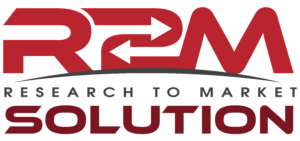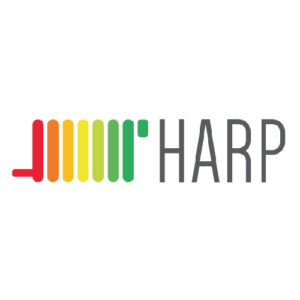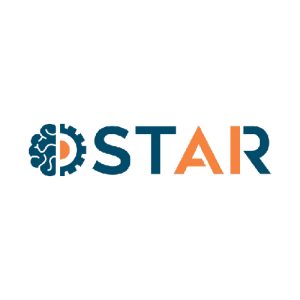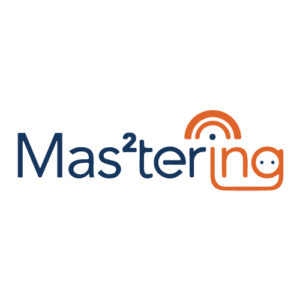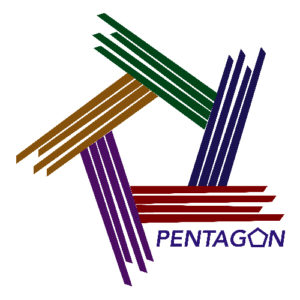
HARP
Heating Appliances Retrofit Planning
HARP accompanies the consumer decision process in the heating appliances market by providing an impartial message, based on the energy label, and presenting the market solutions that respond to the consumer’s heating needs. The label promoted by HARP provided a quantified approach for understanding the economic and non-economic benefits bridging the gap with the market providers and available national incentives. HARP is promoted by key knowledgeable partners in the fields of consumer behaviour, energy efficiency, heating solutions and business models, working directly with the consumer, or indirectly via professionals who are critical multiplying agents. Promoting dynamic efficient heating communities, where all the agents, from the supply to the demand side are committed to an efficient heating market, supporting the consumer to make smarter choices. This allows HARP to build a solid concept that will succeed in the participating countries and within the EU reach.
Try HARPa, the app that tells you how efficient is your heating system (click on the “APP” red button below)
Motivation & Impact
Role of R2M
Motivation & Impact
Consumers do not think about heating until their system breaks down. When it does, the replacement is always an urgent process, hindering the possibility to look for the best solutions in the market and making smarter choices regarding a heating system that will likely be in operation for the next 20 years. In Europe, there are more than 300 million heaters (space, water or combi) that have, on average, been installed more than 20 years ago. Considering the heating energy label framework, market assumptions are that more than 50% of these equipments perform as C or lower. Old and inefficient, this is the status of the installed heating stock. Now is the time to act and raise consumers’ awareness about the opportunities of a planned replacement. Taking advantage of the energy label for space and water heating, we can mainstream the labelling concept to the installed heating stock, allowing to use a well-known support decision tool to communicate and motivate the consumer to replace its heating system with modern high-efficiency and renewable solutions.
Role of R2M
R2M will provide a transversal support throughout the project development, valuing its expertise from an energy consultant point of view (energy certification of buildings – LEED, BREEAM (Building Research Establishment Environmental Assessment Method); renewable energy sources for heating and cooling), with an extensive know how of the energy and specifically of the heating sector, structuring of energy policies and insights on marketable potential for the resources developed. As a leader of WP6 (Policy integration scenarios), R2M will assume major contributions in this WP mainly on policy integration scenarios and business model development, based on solid experience of its key personnel with energy labelling regulation for heating appliances. R2M will also contribute in WP3 (Labelling methodologies and tools), providing know how about the energy labelling regulation for heating appliances and IT instruments application to the energy sector and in WP5 (Engagement monitoring and evaluation), providing experience in benchmarking of energy-related products and policies.
